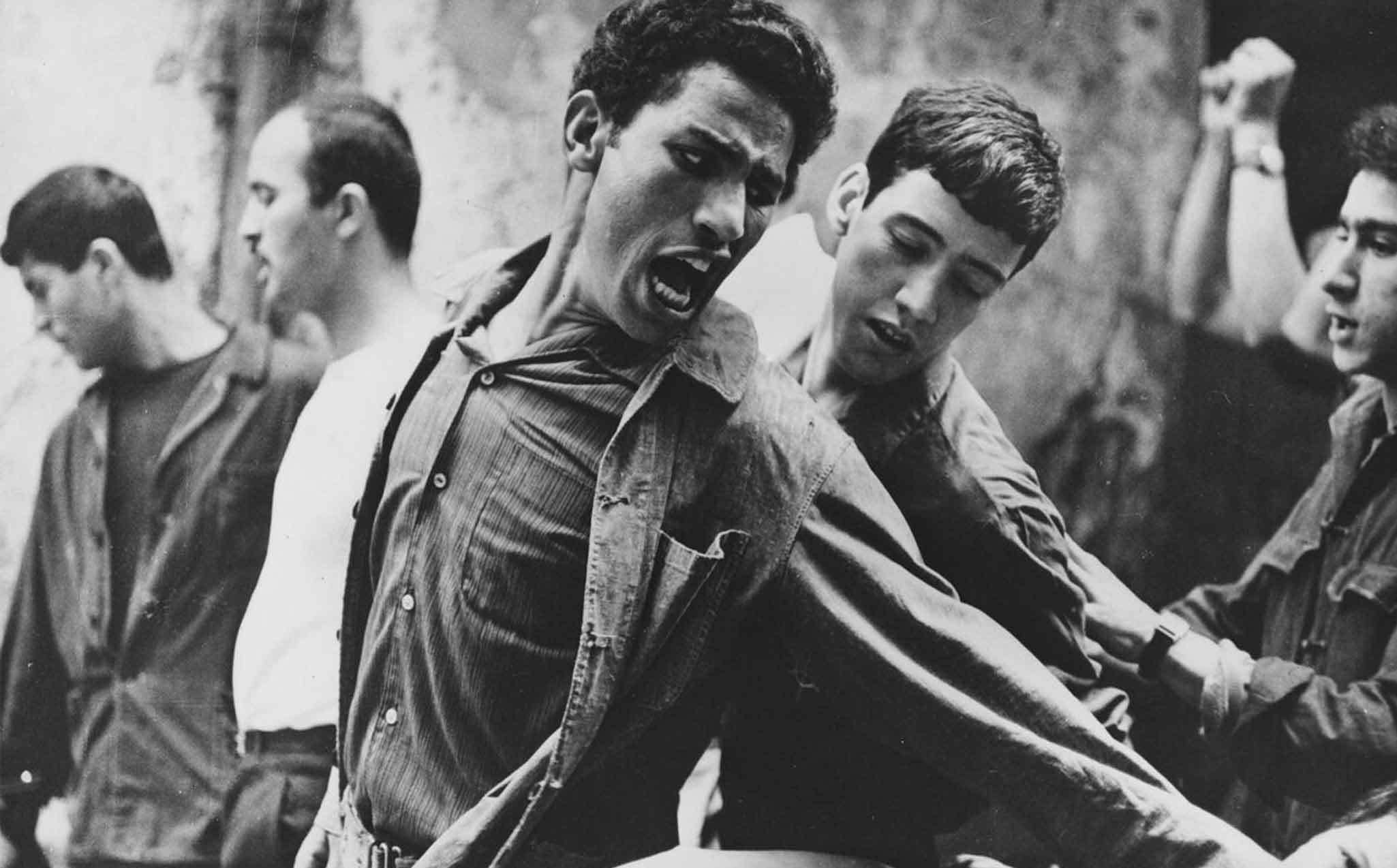Writing in Viewpoint Magazine, Alberto Toscano asks how radical French philosophers of the mid-twentieth century confronted the struggle for independence in Algeria. Specifically, Toscano focuses on key essays by Jacques Rancière and Étienne Balibar to demonstrate that the Algerian struggle forced these philosophers to rethink political subjectivation, citizenship, and violence. Read an excerpt from the piece below, or the full text here.
In recent years, Anglophone scholars have tried to reflect on the impact of the experience of colonialism and decolonization on those very French theorists and theories who, via detours that take in both the American campus and Indian critical historiography and theory, are deemed to be at the sources of the post-colonial. We have thus been presented both with readings that reframe “French theory” as post-colonial avant la lettre, with the Algerian origins and engagements of figures like Derrida, Bourdieu, Balibar, or even Althusser as a pre-text, or with denunciations of a “politics of Othering” that would find its sources in the misconceived response by radical intellectuals to the Algerian War and would issue into the legacies of identity politics and post-colonial state jargons of authenticity. I would suggest that, in order to grasp the specificity of the Algerian War’s effects on philosophical conceptualization in France, periodizing and classifying labels like post-structuralism are of little use, as are dubious intellectual causalities that would see Sartrean phenomenology retroactively indicted by the authoritarian policies of Boumedienne, for example. I want to add two more retroactive reflections to Lyotard’s “The Name of Algeria” that might allow us to shift the terms of the debate somewhat, and to see in what sense a rethinking of politics and of its relations to violence transited through (but also in some sense away from) the question of the Algerian War, Jacques Rancière’s “The Cause of the Other” (1996) and Étienne Balibar “De Charonne à Vitry” (1981).
Image: Battle of Algiers, dir. Gillo Pontecorvo, 1966. Via Film Forum.
